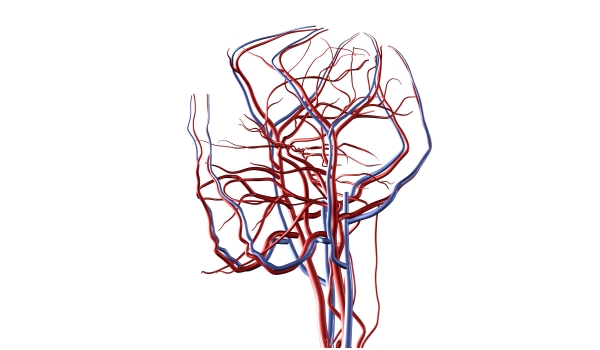Understanding Thermo Regulation.

Low body temperature and weight loss, safe ways to increase body temperature, there is a stron link between thermogenic processes in the body and weight loss/gain.
In fact, the whole subject of weight loss is inherently a lot more complicated than we generally give it credit for and involves a wide range of interactions between different hormones, muscle fibre types, neurotransmitters, proteins, and other substances that are well beyond the scope of this response to discuss.
Research into Thermogenics
Though there are a considerable amount of research studies looking at the processes involved, many have been carried out on small mammals, and it seems clear that humans may rely on certain methods and chemical reactions to varying degrees in comparison. Of course, almost of all these interactions are well beyond the scope of the fitness professional to influence, as our main area to target is that of physical activity (in itself a powerful stimulus to body temperature and energy expenditure).
Indeed, thermoregulation itself is an incredibly complex and not entirely clear subject and other variables such as age, gender, and menstruation also affect it. Again, as these variables are beyond the scope of the fitness professional to alter we will not discuss them further.
Why Do People Have Low Body Temperatures?
However to answer your question, low body temperature in general is likely to be something associated with a lack of thyroid activity. Typically this is something you would associate with weight gain as opposed to weight loss, although less than 3% of people who are obese have an underactive thyroid.
The thyroid hormones Thyroxine (T4) and Triiodothyroxinine (T3) are chiefly responsible for raising metabolic rate and would be called into action in the event of a sudden drop, stimulated by the hypothalamus. Signs of an underactive thyroid would include cold intolerance, weight gain, decreased appetite, elevated cholesterol, and muscle cramps.
Dropping Metabolic Rates
However, what research can tell us is that a drop in metabolic rate is commonly seen with people who are on a calorie restrictive regime or performing excessive amounts of moderate intensity aerobic training for example, that tends to encourage the loss of lean body weight (metabolism largely being related to fat free mass) hence leading to a reduction in metabolic rate and therefore intolerance of cold.
Several research studies have shown either a decline in the function of the hypothalamus (that directly regulates body temperature) or a drop in T3 levels that would contribute to a reduction in metabolic rate and the associated cold intolerance that you mention in the question.
To answer the second part, the reduced body temperature is in this case more of an effect rather than a cause, and goes to highlight the problems with rapid weight loss, restrictive calorie regimes, and excessive amounts of exercise. Metabolic processes within the body are actually designed to resist increases or decreases in weight outside that of a healthy norm and this is why we see a catalogue of further health problems in those who adjust their lifestyles in an effort to remain under or overweight.
This is compounded by the emotional stress of dieting and weight loss that stimulates cortisol release, which hampers conversion of thyroid hormones (from T4 to T3). This pattern is commonly seen in those with anorexia nervosa and to a lesser degree in those with depression.
How Can You Help Prevent This?
To prevent the problems with temperature regulation would require restoring normal thyroid function and diet and may well lead to some weight gain as the body begins to normalise its functions. If this is a client of yours then these temperature intolerances should be a cause for concern and I would recommend you discuss a visit to a healthcare professional for help dealing with this and to rule out any other possible causes.
The role of the fitness professional in this instance is to encourage the (sometimes reluctant) client to seek further help rather than to attempt any diagnosis or treatment. For information on some studies you could review please see the references used below and look into journals on endocrinology, clinical nutrition, metabolism, and general medical sources, though remember where the scope of practice of the fitness professional ends. Hope this is of help to you and best of luck. Written by Graeme Marsh




